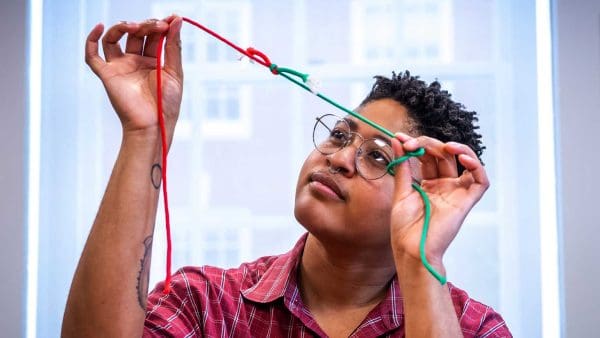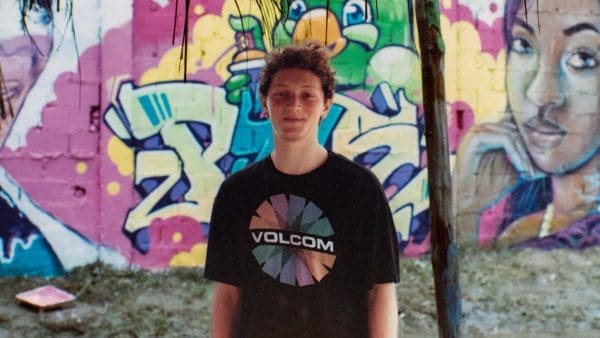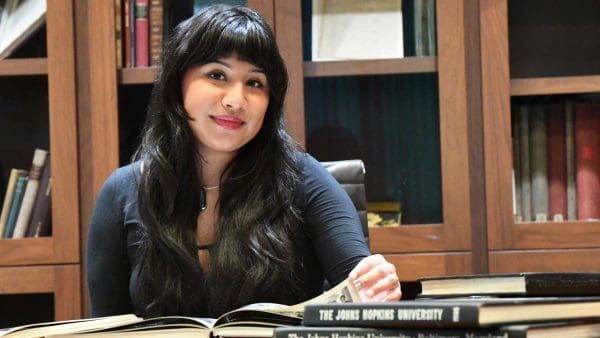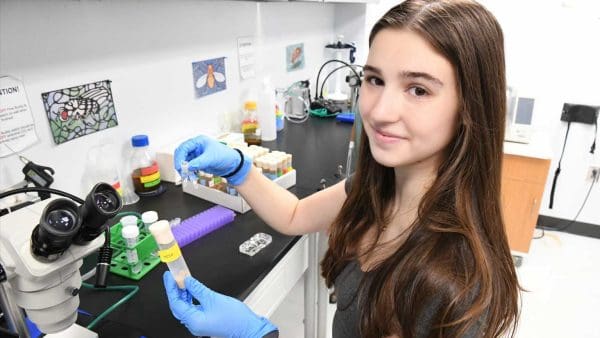The Research
Physics and astronomy major Heshy Roskes used his research award to travel to CERN in Geneva, Switzerland, to work on the famed Large Hadron Collider (LHC). His research was focused on using tracks produced by cosmic rays to improve the accuracy of the Compact Muon Solenoid (CMS) silicon tracker. The CMS is a large, general-purpose particle detector built on the LHC. Roskes worked on the part of the detector that reconstructs the paths of the particles produced in collisions. His work helps to ensure the accuracy of all CMS measurements, including data used to study the properties of the Higgs boson. Roskes had the opportunity to present his work in Geneva, at a Tracker Alignment Meeting.
In His Own Words
“It was truly amazing to finally lay my eyes on the CMS detector, the focus of my research and the source of all data analyzed by the CMS collaboration. One of the most exciting features of this project is that it’s really my own, but it is also part of something larger. I was also able to present my work in person rather than over the Internet.”
Adviser: Andrei Gritsan, Associate Professor, Department of Physics and Astronomy




